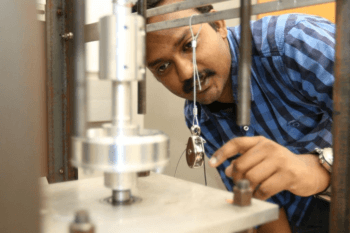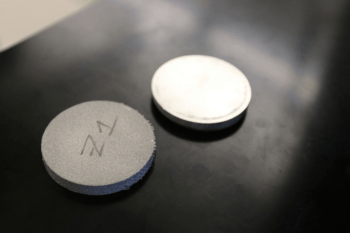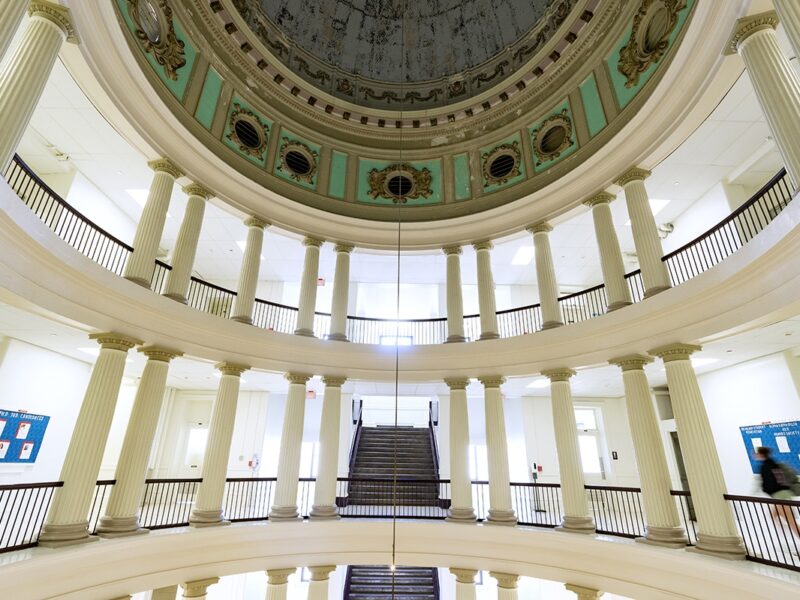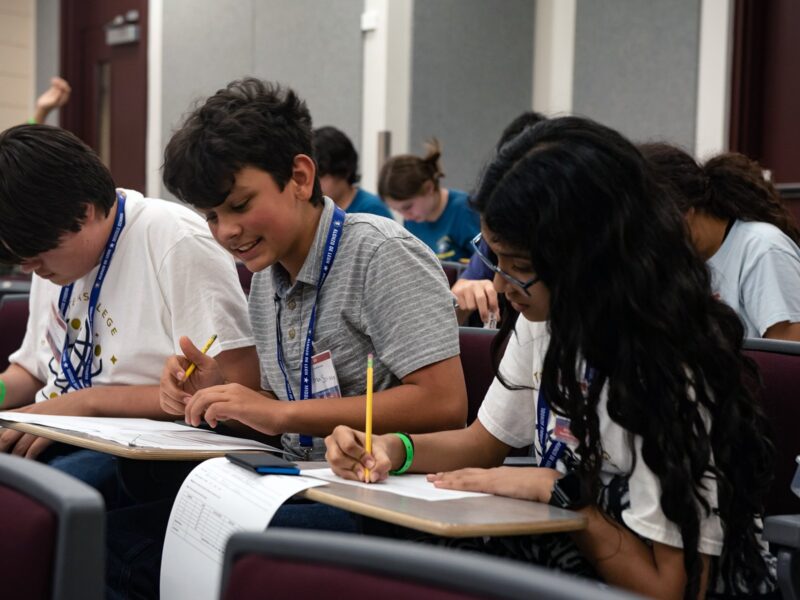Revolutionizing Advanced Manufacturing

Researchers in the Department of Industrial and Systems Engineering at Texas A&M University are working to make life easier through research that is revolutionizing society.
The long awaited day of 3-D printed replacement body parts may be just around the corner; along with the day of producing metal more quickly and efficiently, thanks to the work of those in the advanced manufacturing field.
A team of researchers comprised of Dr. Satish T.S. Bukkapatnam, Dr. Alaa Elwany, Dr. Dinakar Sagapuram and Dr. Shiren Wang, is working in four core areas: precision and smart manufacturing, additive and hybrid manufacturing, nano and bio manufacturing, and manufacturing enterprise systems.
“During the past two years, the core members of this group have together secured or brought with them seven federal grants to address the contemporary challenges in advanced manufacturing,” said Bukkapatnam, Rockwell International professor in industrial and systems engineering.

These grants fund the research that takes place in state-of-the-art facilities such as the advanced manufacturing facility, part of the Texas A&M Engineering Experiment Station (TEES) Institute of Manufacturing Systems (IMS).
“This facility promotes cutting-edge interdisciplinary research,” said Bukkapatnam, who serves as the director of IMS. “There are four colleges working together in here. They are engineering, architecture, veterinary medicine and science, as well as the Texas A&M Health Science Center.”
Working together with 30 other faculty members across the college of engineering, these researchers are changing society.
This article by Lorian Hopcus originally appeared in Engineering Today.





